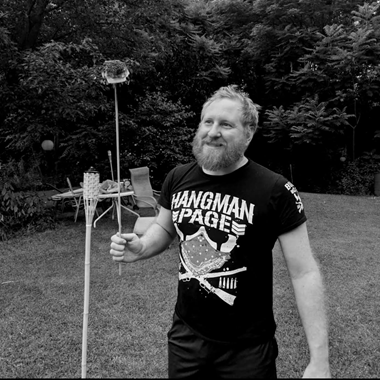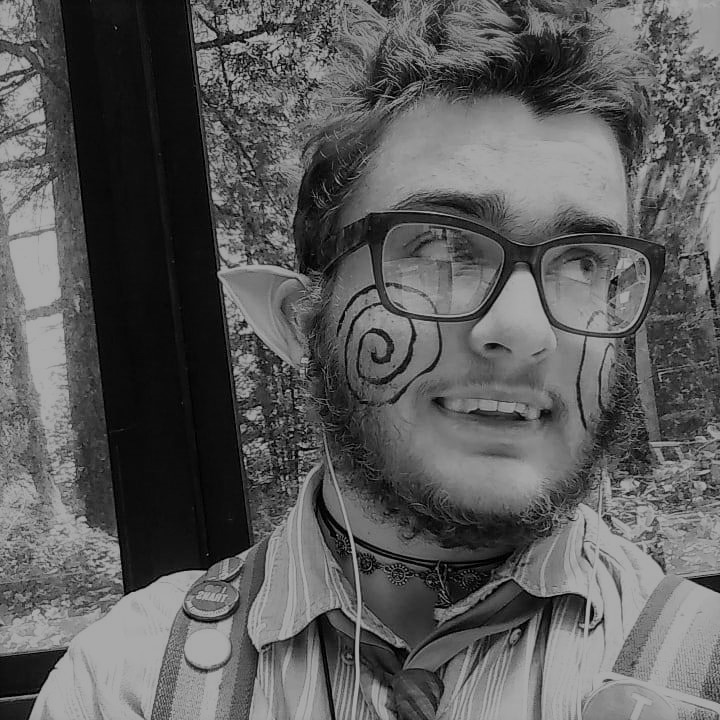In 11th grade creative writing, my poetry dissolved. The overwhelming crush of criticism and the realization that I had no talent stole my brain. When I tried to compose poetry, I threw up my hands with esoteric senseless gibberish. My first husband-partner-lover Scott was a poet. His poetry collection of Apricot was astonishingly clear. He filled each word with a fragrance. It was published in 1973. When he read in public, I knew I could never compete. He was the writer in the family. I was the accountant money-man. I let it go. I descended into the closet about writing.
When Scott died in 1989 after our 16-year tumultuous era together, my voice continued to be silenced. I could cry but I couldn’t express vocabulary. My growth emerged when I wrote my first going-away speech for coworkers. I followed with a birthday chant for my beloved work-friend Tessie. At Florence’s Chinese funeral, I did the eulogy. I loved the acclaim. But I remained inadequate. My soul still felt vanquished with no voice. I refused to write about being gay. I couldn’t face being a sissy.
When I was hit with spirituality at my gay temple, I flashed upon doing a sermon. I spoke about Intimacy, Unconditional Love, Spirituality, and Do You Believe in God? I strutted across the bimah. I gripped the attention of the congregants. I waved away the boring aspects of ritualized religion. For the first time, I was able to integrate my gayness through writing.
When my friend Charlie insisted I go to a poetry workshop, I couldn’t even remember why I would be scared. Instead of crumbling, I horned in on the darkest holes. The shame I felt when I put my Scott into a hospice weeks before he died ripped the page. I was flabbergasted when I read this poem out loud. I shivered.
“Ashamed”
I believed in fidelity
My lover Scott didn’t
Together 15 years, like a married
Couple in our East Hollywood bungalow
We were the perfect couple
Except he slept with others.
Our friends and family never knew
Until Scott received the news in 1986.
Diagnosed with AIDS
Ashamed to admit to anyone
That he cheated on me
I never told anyone at work
I didn’t think they’d
Understand why I didn’t leave him
Or worry that I was sick
He was going to die and
I took care of him but I
Never told my boss
Never took a leave of absence
To spend the last few months with him
Remained in the closet about AIDS
During the last few weeks of his life
I didn’t take care of him
My therapist said
I couldn’t “handle” him dying in our condo.
Scott went to a hospice and two weeks later he died
I was left alone
Ashamed that I wasn’t with him until the end.
I was drawn to writing. I fretted about always searching for the worst. The blockage didn’t stop me from writing. It just scared me about being a monster.
I welcomed retirement without any preconceived bucket list. When I entered the “What is Your Life Story?” class at the Village, I was transformed into a writing machine. I took my life into a memoir. I exploded with “showing” and not telling in my prose. I had withdrawal when I didn’t write. I exposed my secret sexual fetish. I shared my father’s hounding me about “walking straight.” I took my relationships under a blunt knife. I found pride in being a Sissy. I came out as a writer.
Image at the top of the page: “Iris 04″by jolynne_martinez is licensed under CC BY-NC-ND 2.0.



